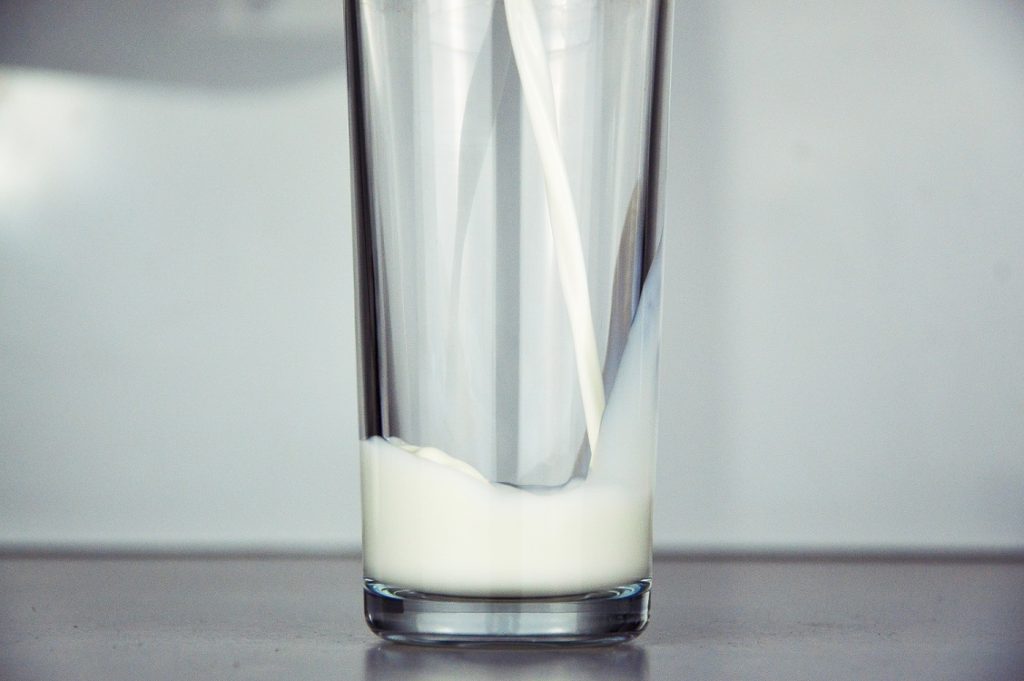
As Americans crave more raw, unpasteurized dairy products, state and local governments need to keep up with the right types of regulation. Texas saw 13 cases of human brucellosis in Dallas County and all were linked to cheeses that were brought into the country from Mexico. Brucelles bacteria is rarely found in humans but is more commonly found in cows, goats, sheep, and other livestock. Infected animals that produce milk used in unpasteurized foods can lead to contamination by consumption.
Other ways the bacteria can affect humans is simply by inhaling particles of the bacteria or if the bacteria comes in contact with open wounds and mucous membranes on people. Since raw milk and other dairy products are still quite rare in the United States, cases of human brucellosis are usually found in hunters and farmers who may come in contact with infected animals. Other known cases come from veterinarians who also need to be in close proximity to animals in order to treat them.
Trends from states such as California, Arizona, Utah, and Washington show that consumer demand for raw milk products are increasing. The pro raw milk groups argue that pasteurization kills off some enzymes and vitamins that are thought to benefit immune systems. Pro pasteurization groups say the health risks are too high when the milk has not been heated to a high enough temperature to clear harmful bacteria. Texas has not legalized unpasteurized milk products but perhaps other states should move towards finding a balance between introducing these products and ensuring the safety for consumers. County officials are asking anyone who shows symptoms of brucellosis to contact health officials and to avoid contact with other people in order to prevent an outbreak.
For more information on the Texas Food Code, please visit our Texas Food Handlers Requirements page.